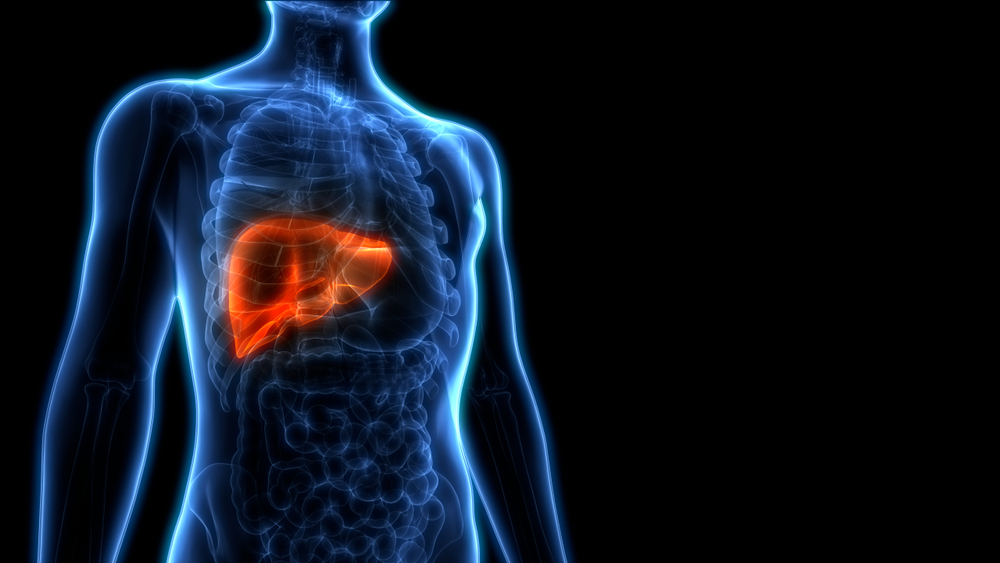The Importance of the Liver
The Importance of the Liver
The liver is the largest organ in our body, weighing about 1500 grams. The liver is essential because of the tremendous role it plays. It performs different functions, but its primary function is to filter blood coming from the gastrointestinal tract and then send it to the body.
Here are some of the functions of the liver and the consequences of any malfunction in the liver.
7 Functions of the Liver
Storage
The liver is the storehouse in the body. It is capable of storing excess glucose in another form called glycogen. It is the simplest form of carbohydrate from which the body derives its energy to perform its duties. Glucose can only last a few hours in the blood, after which the stored glycogen breaks down to produce more glucose for the brain and organs of the body.
After eating meals, the excess glucose is converted to glycogen; this is important because, during strenuous activities, glucose is exhausted. And there is a need for the liver to convert the stored glycogen into glucose so that the body can continue its normal functions.
In liver failure, this function is impaired. Excess glucose cannot be converted to glycogen either can glycogen be broken down to produce glucose. Other organs in the body will not have glucose and energy to function adequately.
Aside from glucose, other nutrients stored by the liver are iron, folic acid, amino acid, and vitamins A, B12, and D.
Control of Bleeding
There are proteins in the body called coagulation factors. The liver is responsible for producing these proteins. What these proteins do is that they ensure that whenever you have an injury, you do not bleed for a long time. Without these proteins, whenever you have a deep cut or severe injury bleeding can lead to death.
Meaning that people with diseases affecting the liver for a long time are very likely to have uncontrolled bleeding.
Detoxification and Excretion of Waste Products
oxins are foreign substances that are harmful to the body. Foods digested and absorbed from the small intestine must pass through the liver for detoxifying. This is possible because the liver has enzymes that were made solely for this function.
Drugs are also toxins, and without the liver, toxins and waste products would go the tissues unchecked and destroy the delicate organs of the body, especially the brain.
You can imagine what happens when the liver fails in its function due to chronic infection or inflammation
Inactivation of Hormones
Hormones are chemical messengers. These hormones are produced from an organ usually called the source, and they move to another site known as the target site. A hormone has to be activated before it can perform its function, and after doing that, it becomes inactivated. Examples of these hormones are cortisol, estrogen, insulin, among others.
What happens when these hormones are not inactivated by the liver?
When the hormones are not inactivated, they accumulate in the blood and tissues and cause harm. For instance, cortisol is a hormone produced when you are under stress. Cortisol makes sure that there is optimal glucose for your brain and muscles to function adequately during stress.
Cortisol causes an increase in heart rate and a mild increase in blood pressure so that more blood and nutrients can go to your brain and muscles according to your body’s needs. So, if cortisol is not inactivated after a very long time; you could suffer from stress-induced diabetes mellitus, immunosuppression, raised blood pressure, and so on.
If insulin is not inactivated, it will accumulate in the blood leading to low blood sugar levels (hypoglycemia). Low blood glucose is not good because the brain and tissues need glucose and nutrients to survive.
If estrogen is not inactivated after a very long time especially in males, it could lead to a condition known as gynecomastia. Gynecomastia is an enlargement of the male breast.
Secretion of Bile
The liver secretes bile. Bile is an important substance that helps in the digestion of fatty foods. Fat is essential for the production of energy and absorption of certain nutrients into our bodies. If the liver fails to produce bile, fat will be lost in the stool; and some vitamins such as vitamin A, D, E, and K, will not be absorbed into our body, causing us to be deficient in vital nutrients. For example, vitamin A and E are essential because they can mop up free radicals, which are harmful substances produced in the body. Vitamin K helps in the clotting of blood and stops excessive bleeding.
These functions will be lost in a person suffering from chronic liver diseases.
Production of Albumin
Albumin is a protein that is essential in making sure that blood flows within your blood vessels without leaking out. Without albumin in the blood, fluid can easily leak out of the blood vessels and pour into surrounding tissues.
In liver failure or chronic liver diseases, there is a reduction in albumin production. And it is usually evident by the accumulation of fluid in the abdomen; leading to the swollen abdomen (this is called ascites).
Conclusion
The liver plays essential roles in the body, from storing nutrients to the inactivation of hormones needed for healthy body functions. It is important to keep the liver healthy by adopting mindful and healthy eating habits like eating more fruit and vegetables. Avoid taking alcohol and smoking.
Written by: Modesta Igwilo







Comments (0)